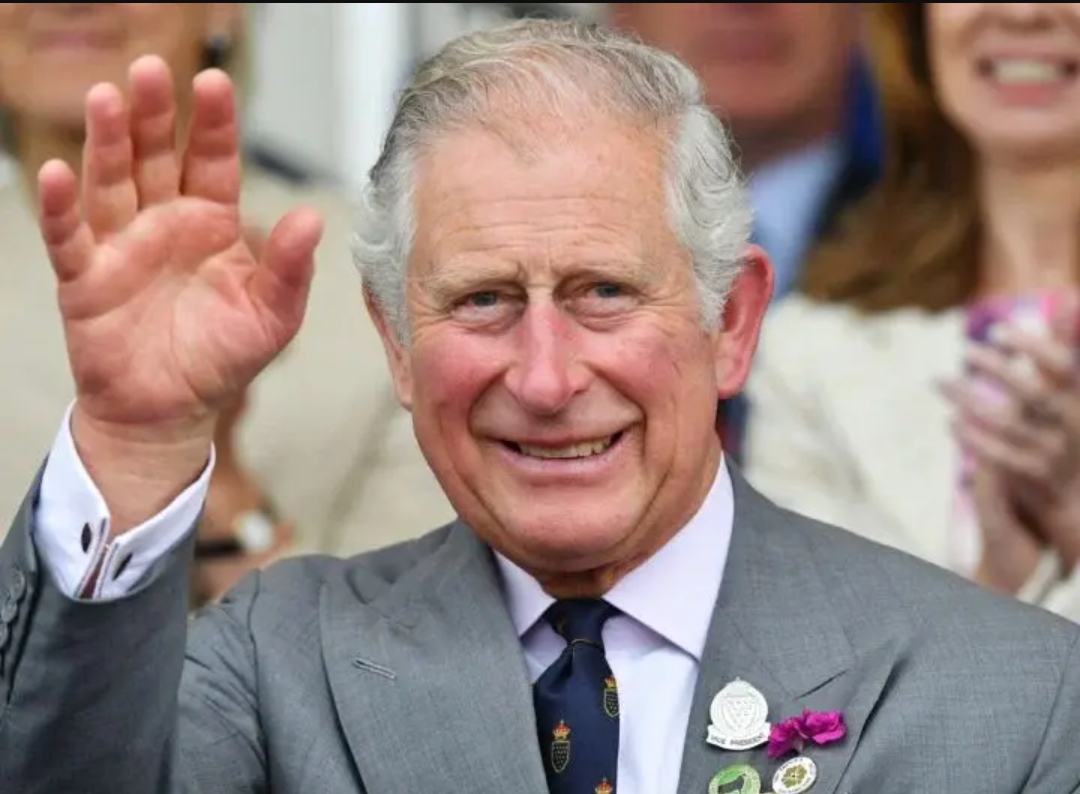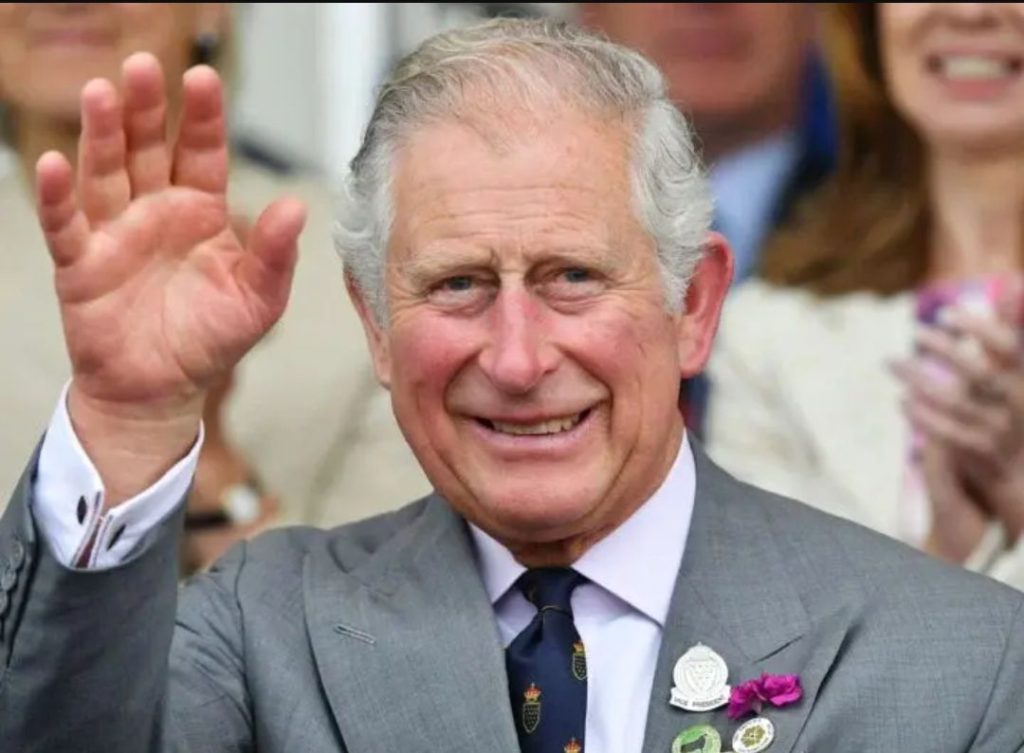
Reports have emerged suggesting that King Charles, the heir apparent to the throne, intends to abdicate within the next decade, paving the way for his eldest son, Prince William, to assume the mantle of kingship. The revelation, if realized, would mark a historic transition in the line of succession, reshaping the future of the royal family and the institution it represents.

As reported by daily Express According to insiders privy to palace discussions, King Charles has privately expressed his desire to step aside and relinquish the throne in favor of Prince William, citing his advancing age and a desire to ensure stability and continuity within the monarchy. While no official announcement has been made, the prospect of such a momentous decision has sent shockwaves through royal circles and sparked intense speculation among observers.
The impending abdication of King Charles represents a departure from traditional norms within the British monarchy, where abdication is a rare occurrence typically associated with moments of crisis or controversy. In this instance, however, the decision appears to be driven by a desire to facilitate a smooth and seamless transition of power to the next generation of royals.
For Prince William, who has long been groomed for leadership within the royal family, the prospect of assuming the throne represents both a tremendous honor and a weighty responsibility. As second in line to the throne behind his father, Prince William has spent years preparing for the eventual assumption of kingship, honing his skills as a statesman, diplomat, and advocate for social causes.
The news of King Charles’s intention to abdicate within the next decade has prompted reflection and speculation about the future direction of the monarchy under Prince William’s reign. Known for his modern approach to royal duties and his commitment to issues such as mental health awareness and environmental conservation, Prince William is widely seen as a figure capable of steering the monarchy into a new era of relevance and resonance with the British public.
The transition of power from King Charles to Prince William is expected to unfold gradually over the coming years, with the elder monarch gradually ceding authority and responsibility to his son. While the specifics of the transition plan remain unclear, palace officials have emphasized their commitment to ensuring a seamless and orderly transfer of power that upholds the dignity and continuity of the monarchy.
The prospect of King Charles’s abdication and Prince William’s ascension to the throne has sparked speculation about the future roles and responsibilities of other members of the royal family, including Prince Harry, Duke of Sussex, and his wife, Meghan, Duchess of Sussex. As the royal family navigates this period of transition and change, questions about succession, duty, and the evolving role of the monarchy in the 21st century loom large.




